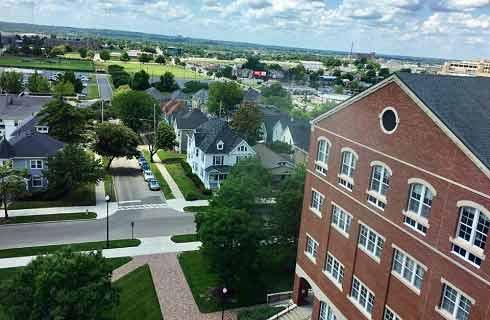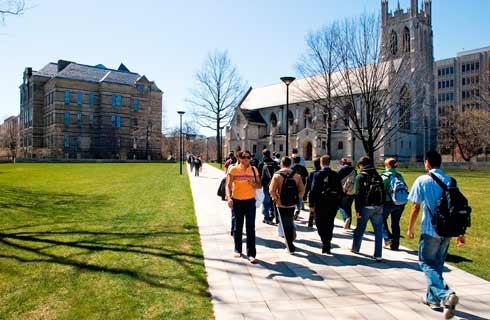Master of Science in Plant Biology


学历文凭
Masters Degree

专业院系
Department of Plant Biology

开学时间

课程时长

课程学费

国际学生入学条件
IELTS: Minimum for a student to qualify for funding at UVM: 7.0. TOEFL: Minimum for a student to qualify for funding at UVM: 100.
IDP—雅思考试联合主办方

雅思考试总分
6.5
- 雅思总分:6.5
- 托福网考总分:90
- 托福笔试总分:160
- 其他语言考试:NA
CRICOS代码:
申请截止日期: 请与IDP联系 以获取详细信息。
课程简介
相关申请
 预科
预科 奖学金
奖学金 实习机会
实习机会 在校学习
在校学习 跨境学习
跨境学习 校园授课-线上开始
校园授课-线上开始 在线/远程学习
在线/远程学习
学校排名

世界排名351
数据源:
泰晤士高等教育世界大学排名
本校相关课程

Global Gateway Program for Undergraduate Study (3 Term)
学历文凭
Foundation for Undergraduate
开学日期
课程费用总额


Global Gateway Program for Undergraduate Study (2 Term)
学历文凭
Foundation for Undergraduate
开学日期
课程费用总额


Global Gateway Program for Undergraduate Study (1 Term)
学历文凭
Foundation for Undergraduate
开学日期
课程费用总额


Global Gateway Program: Master's International Year
学历文凭
Foundation for Postgraduate
开学日期
课程费用总额


Bachelor of Science in Business Administration - Accounting
学历文凭
Bachelor Degree
开学日期
课程费用总额


Bachelor of Science in Animal and Veterinary Sciences
学历文凭
Bachelor Degree
开学日期
课程费用总额

其他相关课程

荣誉植物生物学理学士学位-士嘉堡
 多伦多大学
多伦多大学学历文凭
Bachelor Degree with Honours
开学日期
课程费用总额


分子植物科学哲学博士
 华盛顿州立大学
华盛顿州立大学泰晤士高等教育世界大学排名:501
学历文凭
Ph.D.
开学日期
课程费用总额


Bachelor of Arts in Plant Biology (CAS)
 内布拉斯加大学林肯分校
内布拉斯加大学林肯分校学历文凭
Bachelor Degree
开学日期
课程费用总额


植物生物学哲学博士
 佛蒙特大学
佛蒙特大学学历文凭
Ph.D.
开学日期
课程费用总额


植物生物学理学硕士
 佛蒙特大学
佛蒙特大学学历文凭
Masters Degree
开学日期
课程费用总额


植物生物学理学学士
 佛蒙特大学
佛蒙特大学学历文凭
Bachelor Degree
开学日期
课程费用总额










